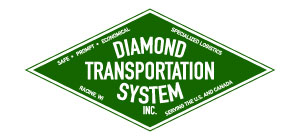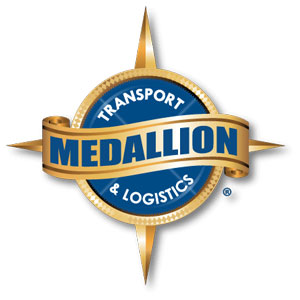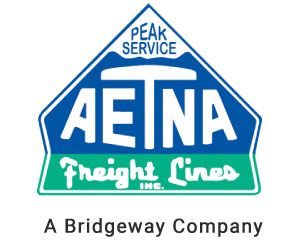Is There a Need for a National Truck Speed Limit?
Several times now, the American Trucking Association (ATA) has asked the U.S. Department of Transportation to require large trucks to have electronic speed limiters installed onboard. Limiters would mean large trucks could not go any faster than 65 mph. But is there a need for a national speed limit for large trucks? How are speed limits set now? Let’s take a look at some facts about freight transport in Denver, CO.
States set speed limits
Each state has its own speed limit laws for large trucks, which are set by either the state, individual counties or a group of local officials. These speed limits are imposed on larger transport trucks that haul things like heavy equipment, not lightweight delivery trucks and passenger trucks. On average, highway speed limits for large trucks can range from 35 mph in more populated areas to 85 mph in some rural areas. If you drive a truck for transporting freight or large equipment, be sure to check posted speed limits and know the limit set by the state(s) you are driving through.
The reason why speed limit laws vary
States have been responsible for setting speed limits for some time. That changed in the 1970s, when Congress decided to withhold funds from states with speed limits higher than 55 mph. Why? For starters, the oil crisis in 1973 led to a call for reduced gasoline consumption. The thought was that slower moving vehicles used less fuel. It was also done for safety reasons, but this point was arguable. The debate was over whether a freight truck poses more threat driving faster or slower. The 55 mph national speed limit law was repealed in 1995. Today, most states have sections of their highways open to truck speed limits of 70 mph or higher.
The ATA says that a large truck driving fast—especially in less than ideal road conditions—can cause an accident. They also say that while a speed limiter won’t prevent accidents, it can help lower the number of crashes. Speed limiters are not required by law, though some trucking companies already use electronic limiters on their trucks voluntarily.
A national speed limit
The ATA supports a national speed limit for all vehicles on U.S. roads. The organization says that states that have decided to raise the speed limits for freight trucks above 65 mph are putting motorists at risk. According to the group, reducing limits can save fuel—for example, lowering speeds from 75 mph to 65 mph would save up to 25 percent in diesel consumption.
What do truck drivers and freight companies think about a national speed limit? They are generally either supportive or neutral. And other transportation groups hold different positions as well.
Road safety is very important to established trucking companies and teams. As such, the best professional truck drivers are highly skilled and trained in operating large trucks carrying heavy freight or oversize pieces of equipment. If you need help with freight management in Denver, CO, don’t hesitate to contact the team at Osage Specialized Transport. Call us anytime!















